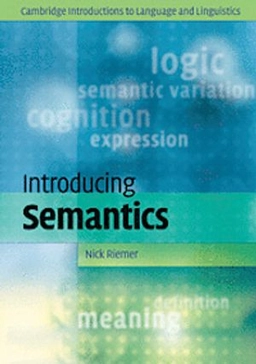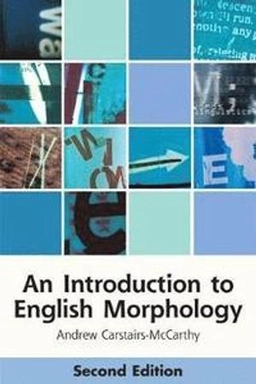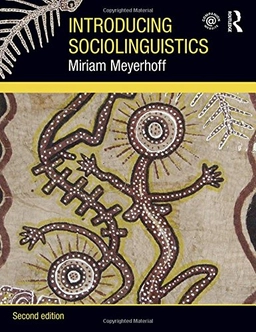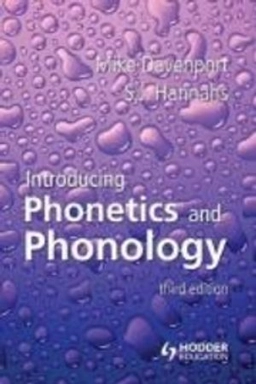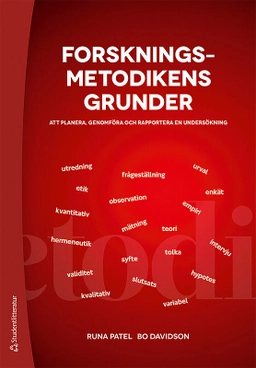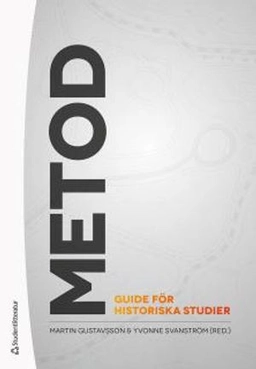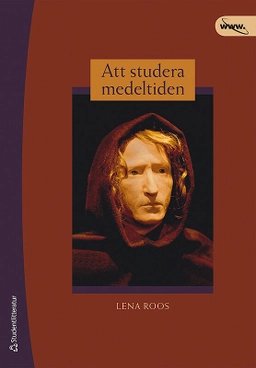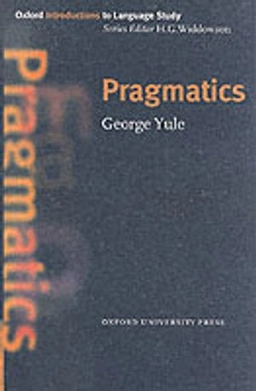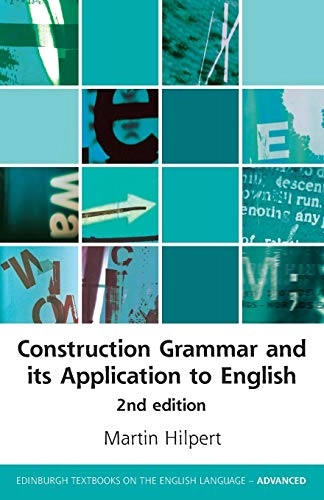

Construction grammar and its application to EnglishUpplaga 2
- Upplaga: 2a upplagan
- Utgiven: 2019
- ISBN: 9781474433617
- Sidor: 232 st
- Förlag: Edinburgh University Press
- Format: Häftad
- Språk: Engelska
Om boken
Åtkomstkoder och digitalt tilläggsmaterial garanteras inte med begagnade böcker
Mer om Construction grammar and its application to English (2019)
2019 släpptes boken Construction grammar and its application to English skriven av Martin Hilpert. Det är den 2a upplagan av kursboken. Den är skriven på engelska och består av 232 sidor. Förlaget bakom boken är Edinburgh University Press.
Köp boken Construction grammar and its application to English på Studentapan och spara uppåt 21% jämfört med lägsta nypris hos bokhandeln.
Referera till Construction grammar and its application to English (Upplaga 2)
Harvard
Oxford
APA
Vancouver
